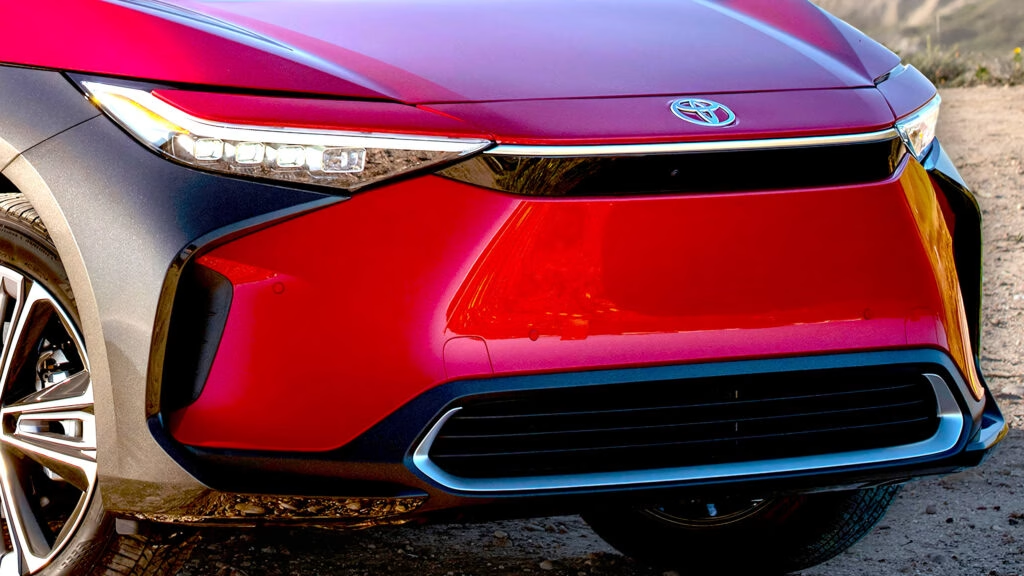Why Are Toyota, Subaru, and Lexus Recalling Their Electric Vehicles Right Now?
If you’ve been eyeing a Toyota bZ4X, Subaru Solterra, or Lexus RZ, you might’ve noticed a sudden halt in sales and a flurry of recall notices. Nearly 100,000 electric vehicles from these brands are being called back in the US, all due to a climate control glitch that could leave drivers quite literally in the fog—especially when the weather turns icy.
What’s the Actual Problem With the Climate Control Systems?
Here’s the deal: the recall centers on a software bug in the HVAC (heating, ventilation, and air conditioning) system. Under certain conditions—think a specific kind of electrical compressor failure—the system can slip into a failsafe mode. The result? Both heat sources in the car’s climate system shut down, not just one. That means your defroster and defogger might stop working right when you need them most.
Imagine you’re running late on a frosty morning, only to find your windshield refuses to clear. Not only is that frustrating, but it’s also a real safety hazard. The National Highway Traffic Safety Administration (NHTSA) flagged this as a risk because impaired visibility can easily lead to accidents, especially in winter driving conditions.
Which Models Are Impacted and How Widespread Is This?
The recall affects the 2023-2025 Toyota bZ4X, Subaru Solterra, and Lexus RZ. The bZ4X is the biggest chunk of the recall, with over 41,000 units involved. In total, 94,320 vehicles are impacted in the US alone. All three models share a common platform, which is why the same issue cropped up across the board.
Interestingly, this problem first came to light thanks to an inquiry from Transport Canada. Toyota initially believed the dual heat sources would prevent a total system failure, but real-world testing in extreme cold revealed otherwise. The second heat source, which was supposed to be a backup, also gets knocked out by the software bug.
How Will Dealers Fix the Issue—and How Long Will It Take?
The good news: the fix is relatively straightforward. Dealers will update the climate control software to prevent the system from shutting down both heat sources at once. They’ll also inspect the electrical compressor and replace it if necessary. No need for a lengthy stay at the shop—most owners can expect the update to be completed in a single visit.
If you’re driving one of these vehicles, you’ll get a notification from your manufacturer with instructions on how to schedule your repair. In the meantime, if you notice your defroster isn’t working as it should, it’s best to avoid driving in cold or foggy conditions until the fix is done.
What Does This Recall Say About EV Reliability and Safety?
Recalls like this can rattle consumer confidence, especially when it comes to newer technologies like electric vehicles. But here’s the bigger picture: as EVs become more software-driven, glitches like these are bound to pop up. The important thing is how quickly manufacturers respond and how transparent they are with customers.
According to a 2023 report from the Insurance Institute for Highway Safety (IIHS), the rate of recalls for EVs is still lower than for traditional gas-powered vehicles, but the nature of the issues is shifting from mechanical to software-related. That’s not necessarily a bad thing—software fixes can often be rolled out quickly and efficiently, sometimes even over the air.
Should You Be Worried If You Own One of These EVs?
It’s natural to feel uneasy when your car is part of a recall, but this one is more about caution than catastrophe. No injuries or accidents have been reported due to this issue so far. The manufacturers are acting proactively, which is exactly what you want to see.
If you’re in the market for a new EV, this recall shouldn’t scare you off. Instead, it’s a reminder to stay on top of recall notices and to get software updates done promptly. It’s also a good example of how interconnected systems in modern cars can have unexpected ripple effects—one small bug can impact multiple safety features.
What Can EV Owners Do to Stay Safe and Informed?
First, check your VIN (Vehicle Identification Number) on the NHTSA recall website or your manufacturer’s portal to see if your car is affected. If it is, book your service appointment as soon as possible. And if you’re ever unsure about a warning light or a system not working as expected, don’t wait—reach out to your dealer.
It’s also smart to keep an eye on software updates, as more automakers are moving toward over-the-air fixes. These can address issues before they become bigger problems, and they’re usually as simple as updating your smartphone.
The big takeaway? EV ownership isn’t about perfection—it’s about smarter adjustments. Start with one change this week, and you’ll likely spot the difference by month’s end.

